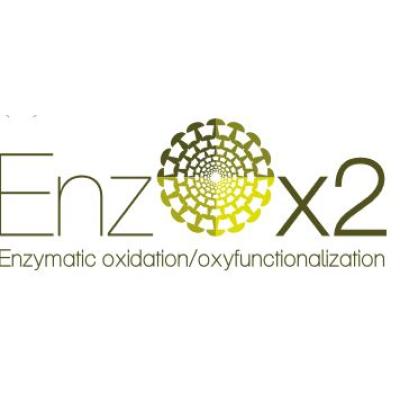
EnzOx2
New enzymatic oxidation/oxyfunctionalization technologies for added value bio-based products

New enzymatic oxidation/oxyfunctionalization technologies for added value bio-based products
Biomass bio-refineries can be greener and even more effective if they use efficient bio-based chemical technologies. EnzOx2 explores the potential use of wild-type (‘occurring in nature’) and engineered oxidative enzymes as innovative solutions to existing production bottlenecks.
The EnzOx2 project aims to provide innovative answers to the specific challenge of improving processes already in place in current biorefineries. It will do this by incorporating bio-chemical (enzymatic and chemo-enzymatic) technologies making them more efficient and cost-competitive, and by developing a new generation of bio-based chemical technologies for future biorefineries.
The ultimate goal is to enable the transformation of plant-based molecules with an exquisite regio-and stereo-selectivity that cannot be attained using classical chemical technologies.
The overall aim of the EnzOx2 project is to develop new bio-chemical technologies based on the use of wild-type and engineered oxidative enzymes (such as microbial peroxygenases and oxidases), largely unexplored at the industrial level, to provide innovative solutions to some relevant bottlenecks (concerning selectivity, yield and cost efficiency) in the production of biomass (sugar, lipid and terpene) based chemical building blocks, flavour and fragrance (F&F) ingredients, and active pharmaceutical ingredients (APIs) by taking advantage from the unique characteristics of these biocatalysts (acting alone or in enzyme cascades) to be demonstrated in the future at the pilot level and incorporated into future flagships.
EnzOx2 aims to increase the efficiency, yield and cost effectiveness of lignocellulose biorefineries by developing new bio-chemical or chemo-catalytic technologies to convert bio-based components into high added value products.
In particular the impacts of EnzOx2 will result in: